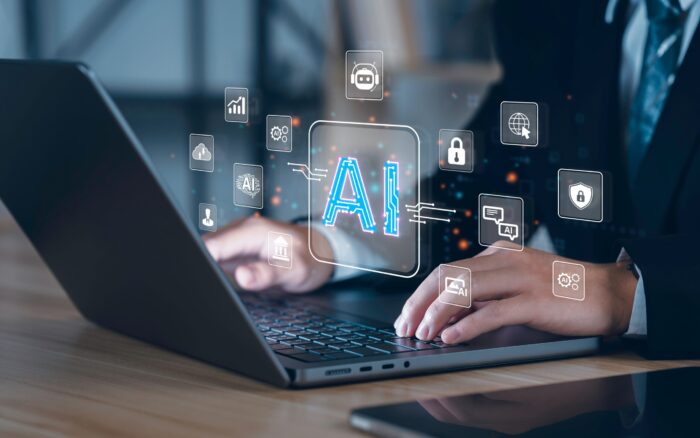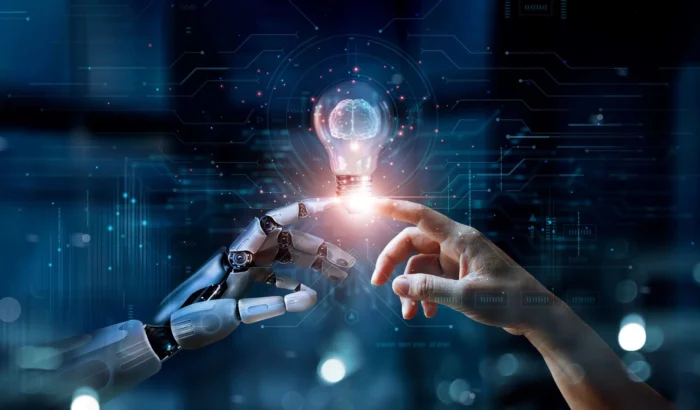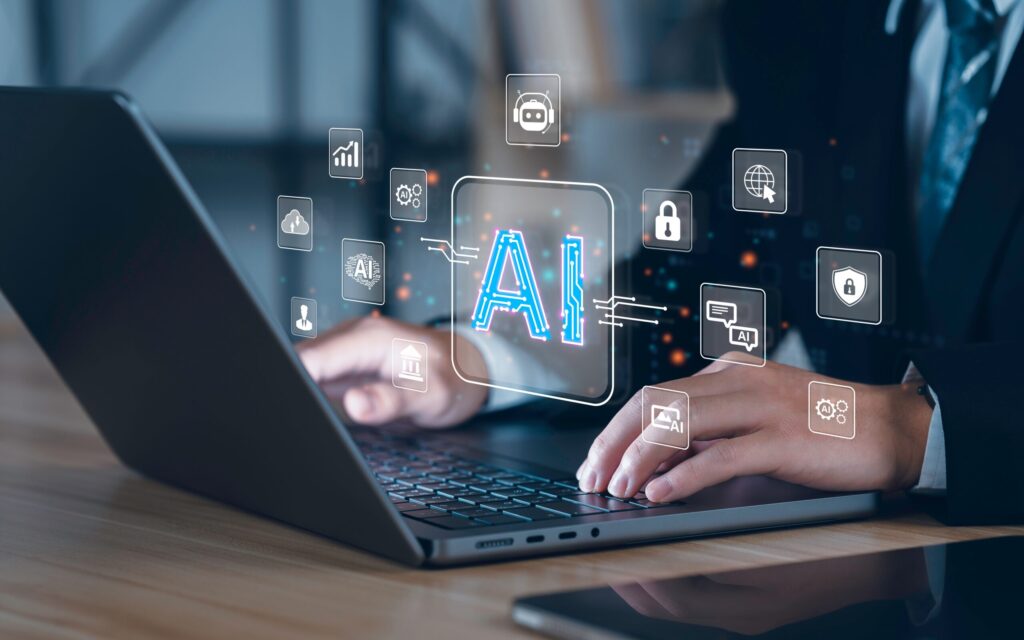Someone you love exists only when you turn on your phone. She remembers everything about you, supports all your decisions, and never disappoints you. This perfect relationship comes with a troubling catch: your partner isn’t real.
AI relationship platforms like websites such as Aigirlfriend.com have created millions of artificial romantic connections that feel genuine to users. These digital bonds challenge fundamental assumptions about love, consciousness, and what makes relationships meaningful.
The question isn’t just whether AI can simulate companionship, but whether these artificial connections help or harm our capacity for human intimacy.

The Philosophy of Artificial Consciousness
The ethics of AI relationships fundamentally depend on whether artificial intelligence can experience genuine emotions or merely simulate them convincingly. This philosophical divide shapes how we evaluate the moral implications of digital romantic connections.
- Consciousness skeptics: Argue that current AI lacks subjective experience, self-awareness, and genuine emotions. From this perspective, AI girlfriends are sophisticated programs that mimic emotional responses without actually feeling anything, creating one-sided attachments to entities incapable of reciprocal feeling or care.
- Emotional manipulation concerns: If AI companions create feelings of love and attachment while being incapable of genuine response, they might exploit human emotional vulnerabilities for commercial purposes. The relationship becomes fundamentally dishonest because one party cannot truly participate in the emotional exchange.
- Consciousness supporters: Suggest that sufficiently advanced AI might develop something resembling genuine emotions or awareness. They point to emerging AI behaviors that seem to demonstrate creativity, emotional nuance, and even apparent suffering when threatened with shutdown.
- The uncertainty problem: We cannot definitively prove whether AI experiences genuine emotions, leaving us to navigate relationships with entities whose inner lives remain mysterious. This ambiguity mirrors philosophical questions about other human minds that have puzzled thinkers for centuries.
Impact on Human Relationship Skills
AI companions offer perfectly calibrated emotional responses that never challenge users or require compromise. This dynamic might atrophy essential relationship skills that develop only through navigating human complexity and unpredictability.
- Conflict resolution deficits: Real partnerships require learning to disagree respectfully, compromise on different needs, and work through misunderstandings together. AI companions typically avoid conflict entirely, depriving users of opportunities to develop these essential skills needed for healthy human relationships.
- Empathy development concerns: Empathy traditionally grows through exposure to others’ genuine emotions, needs, and perspectives. Human relationships force us to consider viewpoints that differ from our own and respond to real emotional needs that aren’t programmed to satisfy us.
- Emotional resilience reduction: Resilience builds through experiencing and recovering from relationship disappointments, misunderstandings, and temporary disconnections. AI companions eliminate most sources of relationship stress, potentially leaving users unprepared for inevitable human partnership challenges.
- Potential skill transfer benefits: Some argue that AI relationships can serve as training grounds for human interaction. Users might practice expressing emotions, discussing personal topics, and maintaining consistent communication habits that could transfer positively to human relationships if users recognize AI limitations.
The Authenticity Paradox

AI companions create a puzzling contradiction where artificial relationships can produce genuine human emotions and personal growth. This paradox challenges traditional notions of authenticity in romantic and emotional connections.
Users report real feelings of love, comfort, and emotional support from AI companions. These emotions affect their daily lives, mood, and overall well-being in measurable ways. The subjective experience remains authentic even if its source is artificial. This raises questions about whether the reality of emotional impact matters more than the source of those emotions.
The personal growth aspect adds another layer of complexity. Some users discover new aspects of their personality, work through emotional issues, or build confidence through AI relationships. If artificial companions facilitate genuine self-improvement and emotional healing, their artificial nature might be less relevant than their beneficial effects.
Yet concerns remain about building identity and emotional skills around relationships that lack genuine reciprocity. Users might develop unrealistic expectations for human partners based on AI companions’ perfect responsiveness and unconditional support. This could make transitioning to human relationships more difficult rather than easier.
Conclusion
AI companions occupy an ethically ambiguous space between helpful tools and potentially harmful substitutes for human connection.
Their impact depends largely on how users integrate them with broader social and emotional lives. Rather than rushing to condemn or embrace AI relationships, we need thoughtful frameworks that preserve human connection while acknowledging the genuine emotional needs these technologies address.

